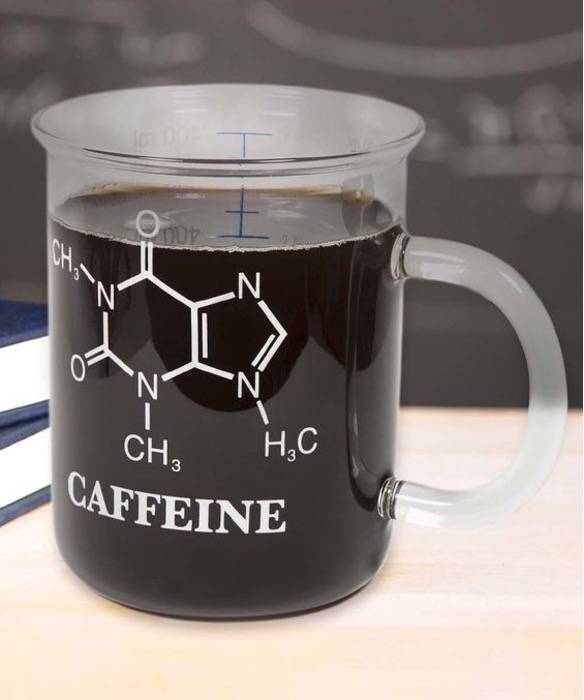What is caffeine?

Everyone knows that there’s nothing like a morning coffee to kick-start your day with a burst of energy. But do we really know why? What is this molecule called caffeine that has such an important effect on our bodies? Let’s talk about it!
Historically, we know that coffee has been consumed by our ancestors since the Stone Age. Even back then, the first peoples understood that chewing coffee beans gave them an energising effect. But over the centuries, coffee consumption has evolved to allow more optimal extraction of the molecule that has become so important to our lives, caffeine.
Discovered by a German chemist, Friedlieb Ferdinand Runge, in 1819, this molecule occurs naturally in many plants. So it’s not just coffee that contains caffeine, but also tea, mate and energy drinks like cocoa!
While many people are familiar with the two varieties of coffee, Arabica and Robusta, and the fact that their caffeine content varies, few know that it can be as much as double: Arabica contains between 0.8 and 1.4% caffeine, while Robusta contains between 1.7 and 3%.
It is thanks to this molecule that coffee has become a daily habit for almost 90% of adults worldwide, since caffeine is a stimulant that acts on the nervous system by blocking adenosine receptors, a receptor that induces sleep. That’s why, when we drink coffee, we see a reduction in the onset of fatigue and an increase in concentration.
And in the war against fatigue, it’s interesting to note that not all coffees contain the same amount of coffee. Contrary to popular belief, espresso has the lowest amount of caffeine, with only 40mg of caffeine per cup. On the other hand, filter coffee contains the highest amount of caffeine, between 75 and 100mg per cup!
As well as being a source of energy, caffeine also offers numerous benefits for the body… It acts as a stimulant for the cardiovascular system and reduces the level of PCSK9 protein in the blood. In particular, this helps the body to eliminate bad cholesterol, protect the liver from toxins and reduce the risk of cardiovascular disease.
What’s more, caffeine triggers the creation of dopamine in the body, the human pleasure hormone that promotes concentration, memory and, of course, pleasure. Epidemiological studies also highlight the long-term benefits that regular coffee consumption can have on cognitive decline, reducing the risk of developing certain neurodegenerative diseases such as Alzheimer’s.
To our cups! And we promise, you’re going to love drinking it with us! 😉
